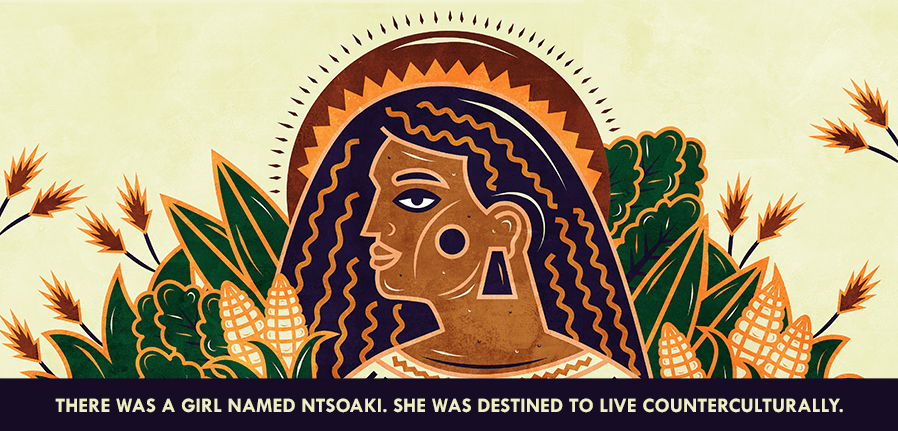Salesforce.com Inc. used this year’s International Women’s Day to remind employees and collaborators that in 1987, only 20 per cent of employees working in Science, Technology, Engineering, and Math (STEM) fields were female – and that number has only increased by 2 per cent today.
In fact, according to a recent Canadian survey by the cloud-based CRM giant, 56 per cent of Canadians think Canadian boys are better prepared for future careers in STEM than girls, though 65 per cent also expect to see equal representation of men and women in STEM leadership roles over the next 20 years.
On a more positive note, the company was equally quick to emphasize CEO and co-founder Marc Benioff’s goal of bringing his “Age of Equality” ethos (Salesforce has famously spent $6 million USD and counting to close its gender pay gap, and hired a chief equality officer, Tony Prophet, in 2016).
On March 6, two days before International Women’s Day, the company shared the stories of five female trailblazers on its official blog, including Wendy Braid, the first Salesforce-certified Woman in the U.S., and Tanya Lushchuk, who has mounted a one-woman campaign to increase the number of women in her native Ukraine’s tech industry.
“Equality — of all kinds — is core to our business here at Salesforce,” success specialist Laura Woods wrote in the blog post. “And these women are important reminders of why it’s so important.”
Microsoft Corp., too, is using its platform to push for tangible change in the number of women in STEM industries, with corporate vice president and Microsoft Philanthropies head Mary Snapp outlining “Three simple ways we can all #PressforProgress for women in STEM” in a March 7 blog post:
- Mentoring: “On International Women’s Day, several of our senior leaders will reach out to girls in our local community and elsewhere, to paint a relatable picture of what it’s like to work in STEM,” Snapp wrote, while also encouraging readers to volunteer through nonprofits such as MillionWomenMentors.com and Girls Who Code (Canadian equivalents include TechGirls Canada and Canada Learning Code).
- STEM workshops and speakers: For its part, Microsoft plans to host DigiGirlz workshops at its retail stores throughout the month of March, featuring women in aviation, coding, gaming and space.
- Socialize STEM: Simply put, Snapp wrote, it’s harder to motivate women to pursue STEM careers when they don’t see role models to follow. To help turn that trend around, Microsoft is encouraging its employees and collaborators to share stories about girls doing amazing things in STEM using the #MakeWhatsNext hashtag, and to participate in a global Twitter chat using the #MSFTEduChat hashtag.
“Gender disparity in STEM fields is a multi-faceted problem,” Snapp wrote. “We should each do a small part, and stand up as proud STEMinists. If we each inspire at least one young woman to see the immense potential in STEM fields, progress will come faster, and we’ll all benefit.”
Microsoft division LinkedIn, meanwhile, used the occasion to showcase the increasing number of women in leadership roles, though according to a March 6 blog post Canadian women, who went from holding 30.9 per cent of leadership roles in 2008 to 32.9 per cent of leadership roles in 2016, are making fewer gains than their international counterparts.

Facebook Inc. marked the occasion with “Credit Her,” a video commemmorating such unsung heroes as original “Hound Dog” performer Big Mama Thornton; computer programming pioneers Grace Hopper and Ada Lovelace; and Black Lives Matter co-founder Patrisse Cullors; and with a series of themes for mobile devices.
The company’s #SheMeansBusiness program, launched in 2016 to support women-owned businesses, also launched a Community Finder tool designed to help female entrepreneurs connect with and support each other in growing their businesses.
According to Facebook’s global chief diversity officer, Maxine Williams, International Women’s Day 2017 was the most talked-about moment of the year.
Netflix chose the date to release the second season of its feminist superhero series Jessica Jones.
In before someone asks, "What about International Men's Day?
Jessica Jones Season 2 is now streaming, only on Netflix. pic.twitter.com/KLzDKRoD43— Jessica Jones (@JessicaJones) March 8, 2018
Google, naturally, celebrated the occasion with a custom Doodle, a series of stories illustrated by a team of international female artists (this article’s header image is from our personal favourite, Nsoaki’s Victory by South African-based illustrator Karabo Poppy).
“Each story represents a moment, person, or event that has impacted their lives as women,” project leads Lydia Nichols and Alyssa Winans wrote in a March 8 blog. “While each artist tells a unique story, the themes are universal, reminding us of how much we often have in common.”










